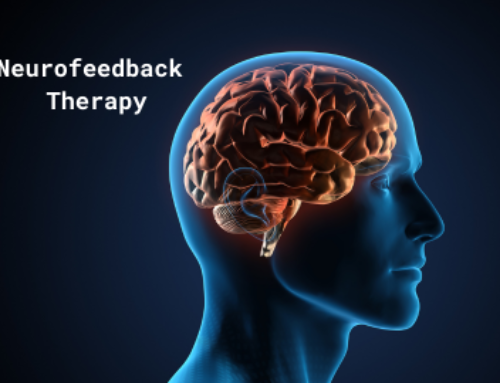Cortisol’s Role in the Body
Hormones are chemical messengers made and released by our bodies. Each has a destination and a function, and hormones combine with each other in their measures to influence how our bodies behave and how we live our lives. One of these hormones is cortisol.
Cortisol is a hormone made by your adrenal glands. These are two little triangular organs located at the upper part of each kidney. They release cortisol based on certain stimuli that is directed through the body and processed. There are two parts of the brain, the pituitary gland and the hypothalamus, that can tell if the levels of cortisol in one’s body are imbalanced. If that is the case, they should send a signal to the adrenal glands to release more cortisol.
Cortisol is a stress hormone that functions as our body’s alarm system. Like the flashing lights and sirens of a fire truck, it alerts the other organs in the body that something is wrong. That determines how we respond to the stimulus, so it is very important to have the right level of cortisol reach the right places at the right times. It can make the difference between a freeze response, a flight response, and an aggression response. To flee the angry goose or swing our bag at it? To shout back at the person yelling at you or walk away?
Cortisol also plays a role in:
− Increasing blood glucose level
− Managing inflammation
− Managing use of proteins
− Managing use of carbohydrates
− Boosting energy
− Regulating circadian rhythm
Once it is judged that the danger is over, cortisol levels should return to normal. But what happens if they don’t? If there is a problem with your adrenal glands, pituitary, and/or hypothalamus, cortisol levels could remain elevated. Also, if the individual is subjected to chronic or severe bursts of stress, cortisol levels will remain elevated.
Prolonged excess cortisol can negatively affect the body in many different ways, like these:
− Problems concentrating
− Weight gain and food cravings
− Anxiety
− Sleep disturbances
− Digestive issues
If elevated cortisol levels are caused by a mass in the pituitary gland or adrenal glands, it could be Cushing syndrome. Symptoms of Cushing syndrome include tender skin, diabetes, and joint pain. Too
little cortisol is a factor for Addison’s disease, with symptoms like weight loss, low blood pressure, and fatigue.
If you suspect that your cortisol might be off, start by seeing your general physician. They can perform tests to rule out some issues and highlight others to explore. They can also provide referrals to other specialists as well as counsel for the patient. To talk to us about our services, including metabolic workups, and to schedule an appointment, contact us on our website or call (585) 442-6960.





